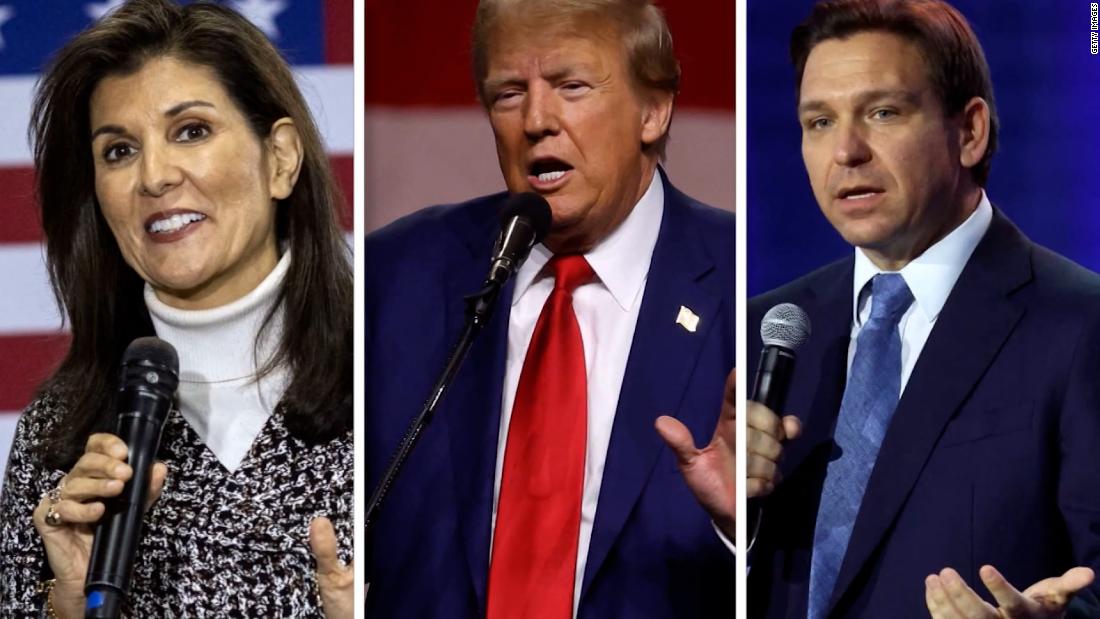

The first test of the 2024 presidential election hits January 15, when Iowa Republicans gather to caucus in high school gyms, community buildings and churches.
The first event of the party primary calendar for the past half century, the caucuses will provide an initial moment of truth for former President Donald Trump’s comeback bid and could help Republicans tired of Trump decide which of his challengers to rally behind.
What is a caucus? Caucuses are not primaries. Primary elections are conducted like other US elections – at polling places and by secret ballot, held throughout the day and usually also with absentee and early voting.
Caucuses are something else. They are essentially meetings run by political parties, convened at a specific time – 7 p.m. CT in Iowa. Since it isn’t a traditional election, a candidate’s performance in Iowa is often viewed as a test of his or her campaign’s organizational strength.
How are votes cast at a caucus? For Republicans, surrogates for candidates give final pitches after the caucuses get underway and then paper ballots are distributed to caucusgoers. They’re counted on-site, and the results are shared with the party.
Does the winner in Iowa usually win the White House? In an open year, when there’s no incumbent running for a party’s nomination, Iowa has a spotty record at picking the president, particularly for Republicans.
Only one Republican, George W. Bush in 2000, won a contested Iowa face-off and then went on to win the White House.
On the Democratic side, Barack Obama won the Iowa caucuses in 2008 and went on to win the White House. Jimmy Carter was the top Democrat in 1976, but he placed second to a slate of “uncommitted” delegates. Still, the momentum propelled him to the party nomination and ultimately the White House.
Some notable losses include when the Republican Ronald Reagan placed second in 1980 to George H.W. Bush, who ultimately became his running mate. Reagan, interestingly, had won the Iowa caucuses in 1976, although then-President Gerald Ford won the GOP nomination and subsequently lost the White House.
The elder Bush, despite winning the caucuses in 1980, lost them in 1988 to then-Sen. Bob Dole even though Bush was running as the sitting vice president. Bush went on to secure the GOP nomination.
And Trump, although he’s the favorite in pre-caucus polling this year, lost the Iowa caucuses in 2016 to Cruz.
